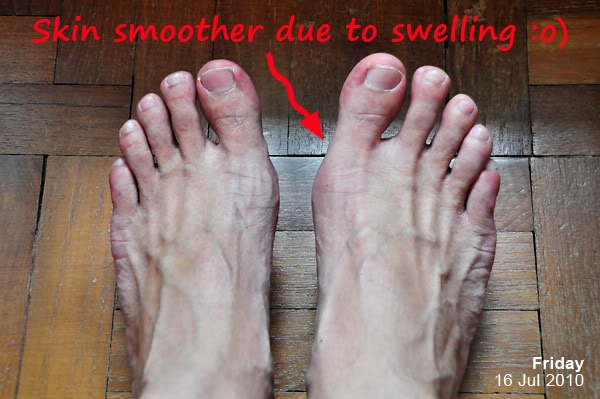
The quick detection of cancer cells in the human body plays a major role in the successful treatment of the disease. Therefore, the development of ways to detect abnormal cells directly from a patient’s blood could revolutionize our approach when it comes to fighting the disease.
Early detection
Cancer is a sneaky disease that can develop silently for decades before causing clinical symptoms. Unfortunately, once these symptoms appear, the disease has often reached an advanced stage that can be extremely difficult to treat. One of the big challenges facing the world of oncology is detecting the presence of cancer cells as quickly as possible in an effort to maximize the patient’s chances of survival.
Detecting cancer early requires the participation of both the general population and the medical community. we all can learn how to be vigilant for potential signs of cancer (suspicious lumps, abnormal bleeding, frequent indigestion, wounds that heal slowly, etc.) and then quickly consult a health care professional if there are concerns.
Many cancers, however, don’t cause such alarm signals and their detection could require tests and various types of medical technology. A good example is mammography, a procedure in which X-rays are used to detect tumours in the breast tissue that could not be detected otherwise. Similarly, the detection of uterine cancer using the Pap test has saved many lives. For all of these reasons, the identification of new tests that can quickly diagnose cancers have been intensely targeted by researchers for a long time.
‘Liquid biopsy’
Blood is without a doubt the tissue that offers the most opportunity for cancer detection: there is plenty of it, it is easy to access and can be tested quickly. interestingly, several studies have shown that cancer cells can be circulating through the blood even before the tumour is detected, opening the door to quick diagnosis.
It is all a question of size. these cancer cells are present in minuscule quantities (less than 10 cells per millilitre) and it is hard to distinguish them from other blood cells (like white blood cells) that are found in large quantities. Researchers have therefore developed an approach based on the ability of cancer cells to contain proteins that would not be found in other blood cells. This system, called CellSearchVR, allows selective capturing of cancer cells in the blood by using an antibody that binds specifically to the EpCam protein, which is only found in blood cells that come from solid tumours.
These cancer cells are then quantified using antibodies that recognize another class of proteins specific to the circulating cancer cells, called cytokeratin. It has been demonstrated that this system was able to detect cancerous cells in the blood of patients with various types of cancer, particularly breast, prostate and colon. This technique is also very sensitive and allows for the detection of as few as one or two cancer cells amongst the billions of blood cells found in a single sample. In other words, it is essentially a “liquid biopsy” that allows doctors to detect cancer through a simple blood test.
Many years of research will be required to improve the reliability and the repeatability of this method. meanwhile, we can already foresee that sooner than later, this test will be part of our regular medical checkups and will therefore allow for the diagnosis of tumours in their earlier stages, thus improving the chances for treatment.
Dr. Richard Beliveau holds the chair in cancer prevention and treatment at the University of Quebec in Montreal.